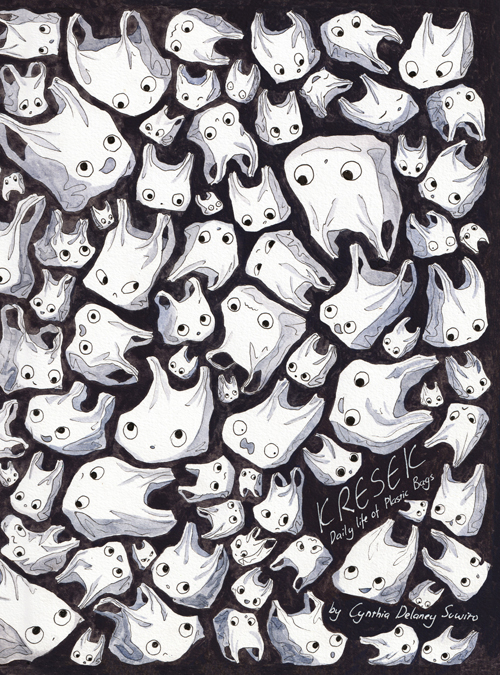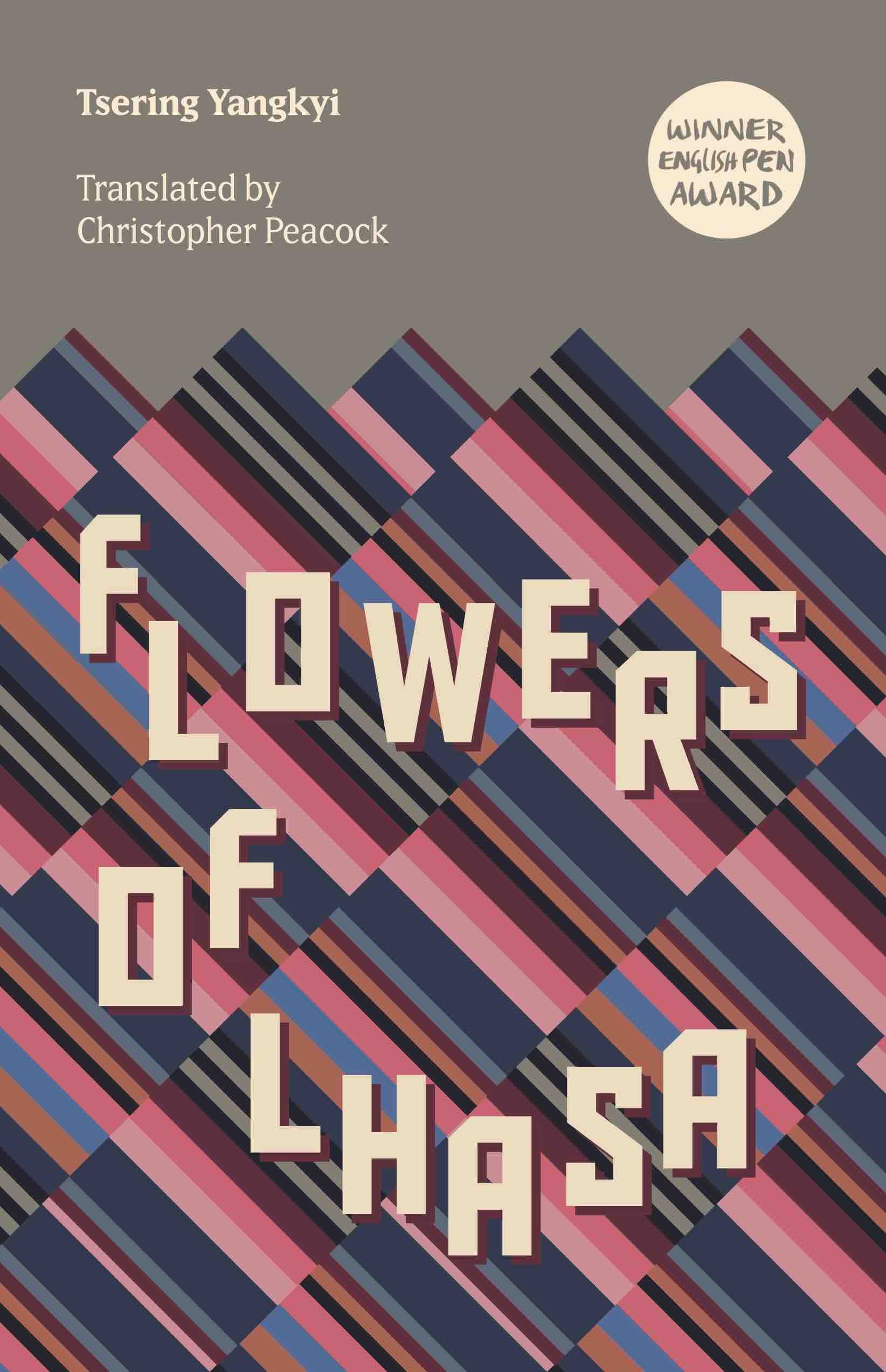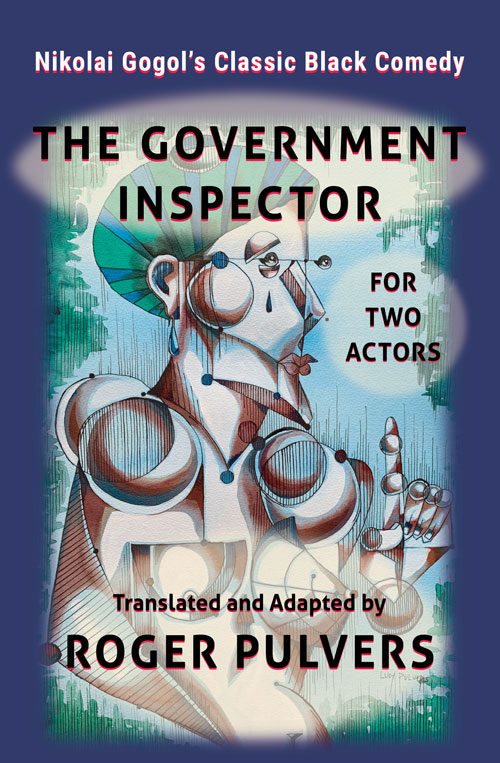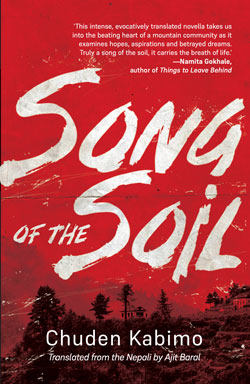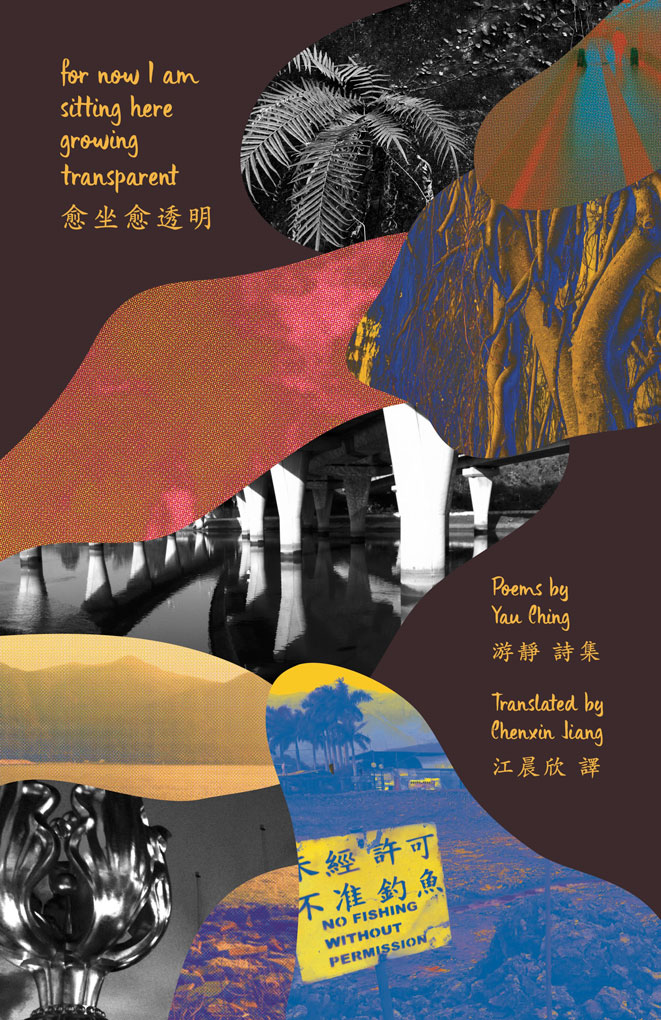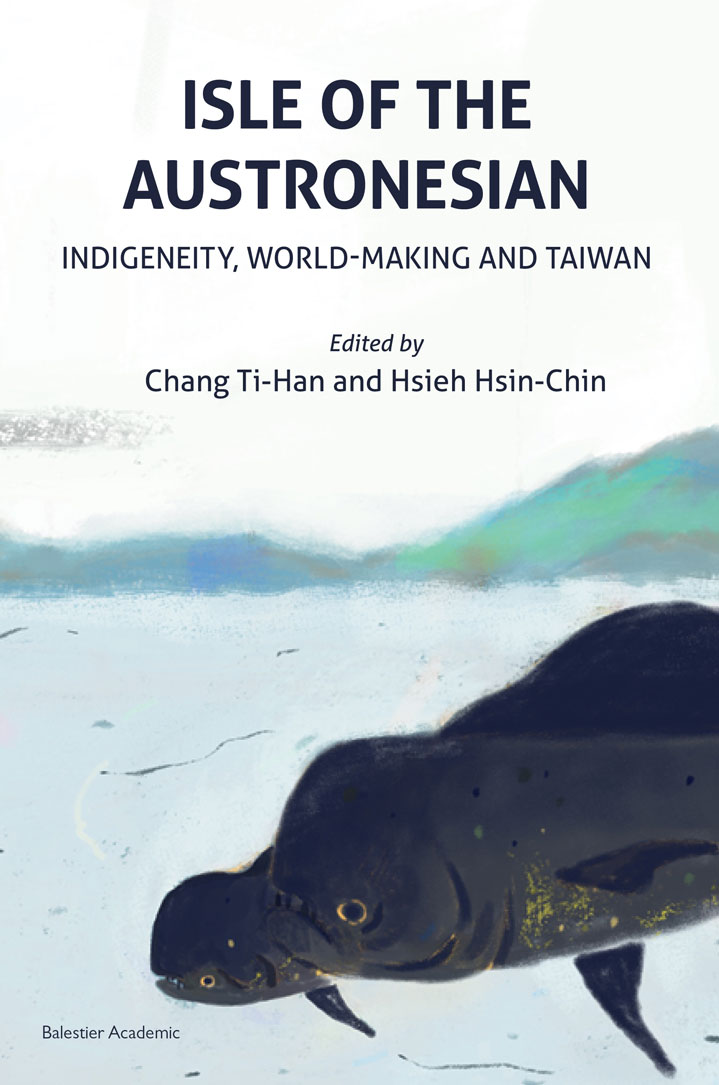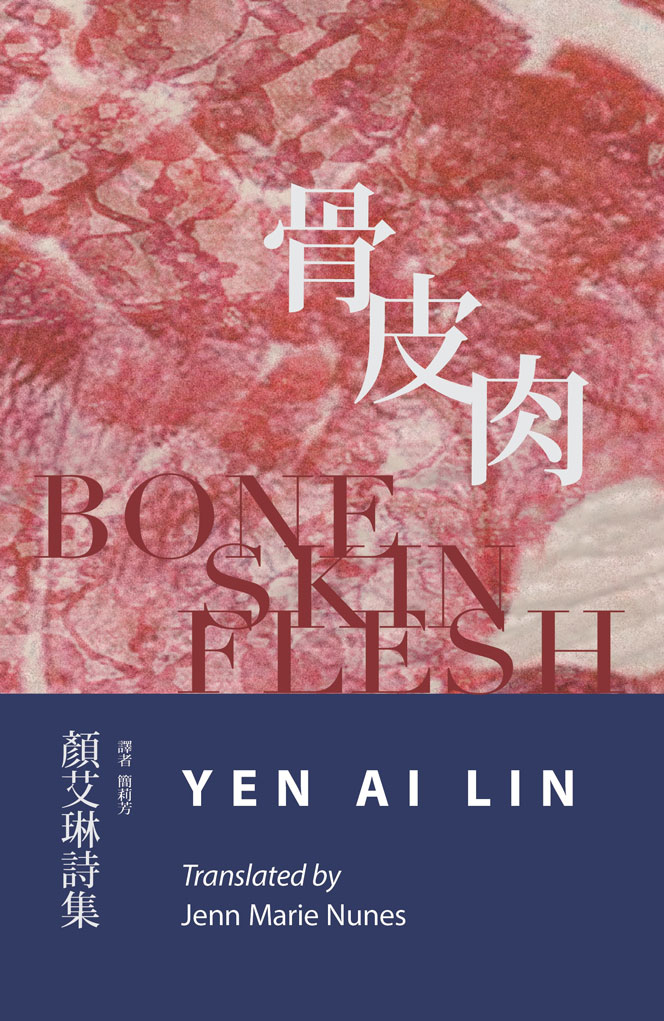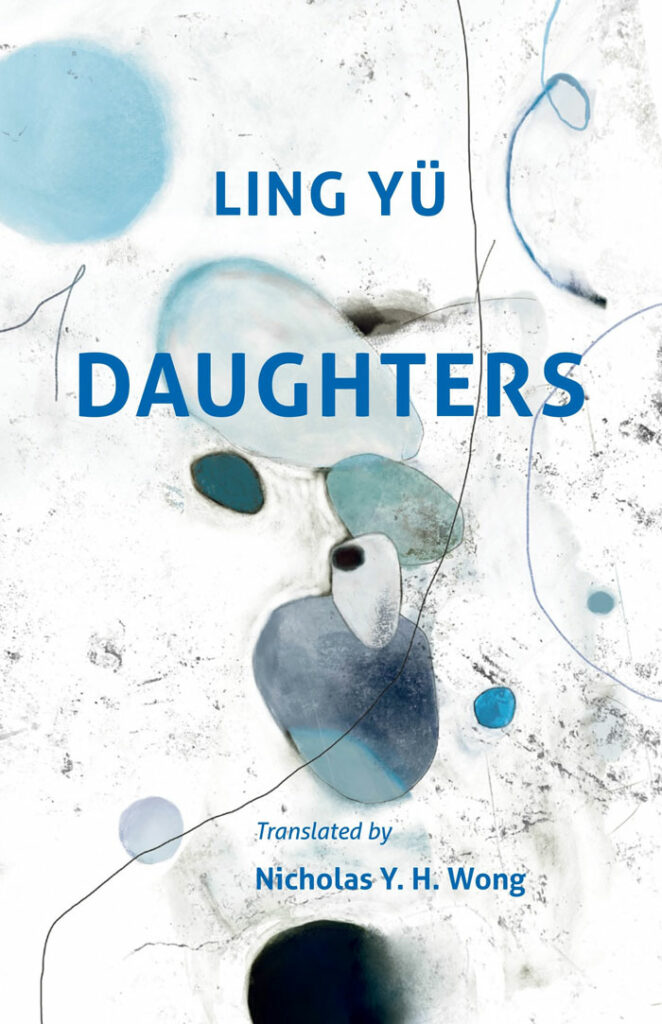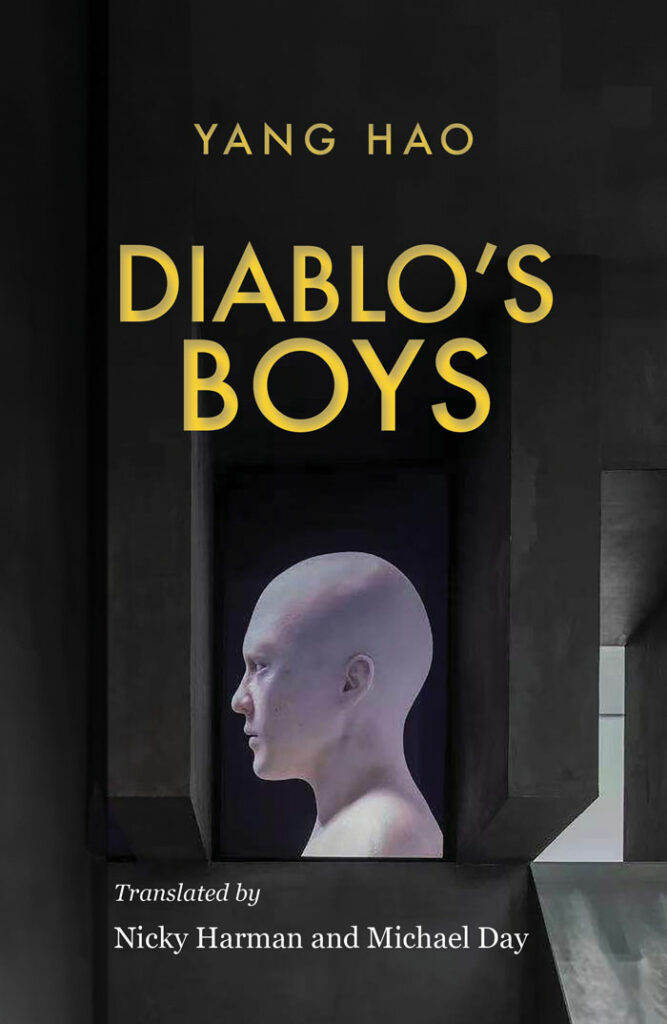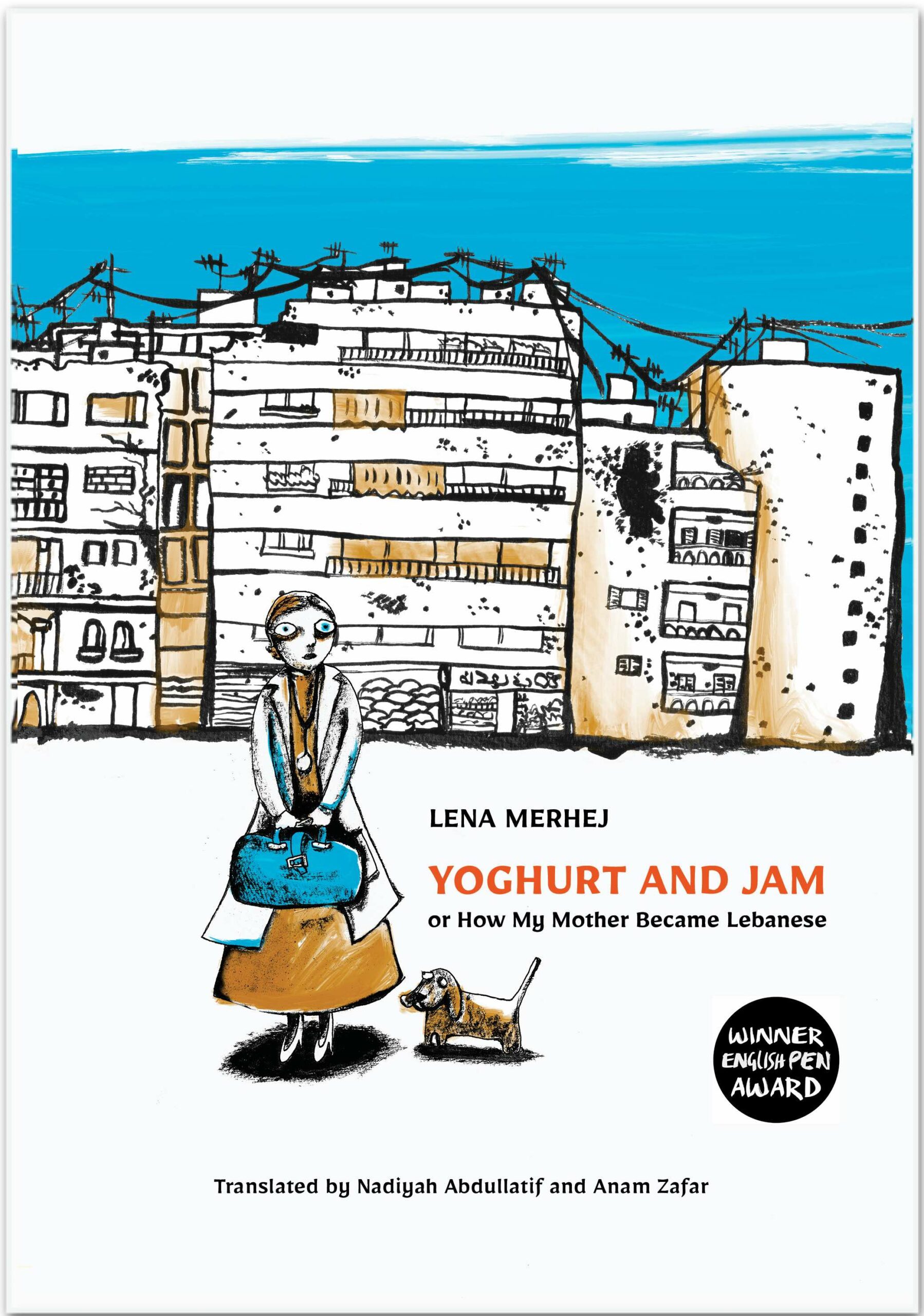Recent Awards
- The Rasta’s Song by Sharon Paul, translated from the French and Mauritian Creole by Nadiyah Abdullatif, received an English PEN Award (PEN Translates 2026).
- for now I am sitting here growing transparent by Yau Ching, translated by Chenxin Jiang, Finalist for the 2026 PEN Award for Poetry in Translation.
- Cai Gao (illustrator of Tan Hou and the Double Six Festival translated and adapted by Helen Wang), shortlisted for the Hans Christian Andersen Awards 2026.
- Diablo’s Boys by Yang Hao, translated by Nicky Harman and Michael Day, nominated the 2026 Dublin Literary Award.
- Ling Yü (author of Daughters, translated by Nicholas Y. H. Wong) is the winner of the 2025 Newman Prize for Chinese Literature.
- Yoghurt and Jam (or how my mother became Lebanese) by Lena Merhej, translated from the Arabic by Nadiyah Abdullatif and Anam Zafar, longlisted for the 2024 Warwick Prize for Women in Translation and shortlisted for the 2024 Society of Authors Saif Ghobash Banipal Prize.
- Huang Chun-Ming (author of Raise the Bottles and A Platform with No Timetable, translated by Howard Goldblatt), is the winner of the 2024 Malaysia Hua Zong World Chinese Literature Award).
- Song of the Soil by Chuden Kabimo, translated by Ajit Baral, shortlisted for the JCB Prize for Literature 2022.
- The Archaeology of a Dream City by Monica Raszewski, shortlisted for the UTS Glenda Adams Award for New Writing from the NSW Premier’s Literary Awards 2022.
- Flowers of Lhasa by Tsering Yangkyi, translated from the Tibetan by Christopher Peacock, received an English PEN Award (PEN Translates 2021).
- Natascha Bruce (translator of Lonely Face by Yeng Pway Ngon) received the 3rd prize of John Dryden Translation Competition, and the short-list in 2020 Society of Authors TA First Translation Prize.
Kresek, Daily Life of Plastic Bags. by Cynthia Delaney Suwito. Kresek is the rustling of plastic bags in Bahasa Indonesia. It is also the title of this light-hearted wordless comic, revolving around the little movements of the plastic bag.
This book offers a fresh perspective of the plastic bag by giving the common object a face and a personality. Following the earthly adventures of the plastic bag, this book invites people to give the plastic bag more thought, connecting to it and examining its place in today’s cultures. When we have hopefully passed the plastic bag obsession in the future, this book will be a reminder of a behaviour that we once had.
Flowers of Lhasa by Tsering Yangkyi, translated from the Tibetan by Christopher Peacock
Flowers of Lhasa is a stark and urgent tale of four young women thrown into the seedy underbelly of a sacred city undergoing rapid change.
Tsering Yangkyi’s novel paints a vivid portrait of Lhasa, Tibet’s cultural and religious capital. This is a holy city where thousands of pilgrims daily circumambulate the Potala Palace and the Jokhang Temple, but it is also a modern city, with all the problems of the modern world. While immersing us in the vibrant uniqueness of Tibetan life, Flowers of Lhasa also paints a haunting picture that deals with global and timely concerns.
The Goverment Inspector for Two Actors. Ukrainian literature master, Nikolai Gogol‘s The Government Inspector, translated and adapted for two actors by Roger Pulvers.
Song of the Soil by Chuden Kabimo, translated from the Nepali by Ajit Baral
Set in the foothill town of Kalimpong in the Himalayas, Song of the Soil brings alive the story of the revolution for a separate state of Gorkhaland in the late 1980s and lays bare the many faces of violence. In doing so, it asks the vital question: Who ultimately wins in a revolution—and who loses?
‘Song of the Soil is a shining example of how one can write about a violent incident without recreating the violence. The author blends bildungsroman with a conflict story with great dexterity, bringing out new aspects of both forms. This book is able to make poetry out of brutal situations, but does so with honesty, humour, and gentleness.’— The JCB Prize for Literature 2022 Jury
New Books
for now I am sitting here growing transparent
by Yau Ching 游靜.
Translated by Chenxin Jiang
Finalist for the 2026 PEN Award for Poetry in Translation.
These are poems of atmosphere… inviting you to inhabit their worldview… Yau Ching pushes back through the guerilla language of her own… poetry plays its own games with reality… inviting us into a world where ‘only getting lost is permanent’… cinemas become spaces where truth might be found… disappearing into transparency never felt so real… —Chris McCabe, National Poetry Librarian, UK
edited by Chang Ti-Han and Hsieh Hsin-Chin
Highlighting perspectives often overlooked-queer, urban, and female Indigenous experiences — this anthology showcases the richness and diversity of Taiwan’s Indigenous cultures. Writers such as Salizan Takisvilainan, Ahronglong Sakinu, Syaman Rapongan, Ma Yi-Hang, Apyang Imiq, and Liglav A-wu offer narratives rooted in both tradition and transformation. This anthology reimagines Taiwan not just as an East Asian society but as an oceanic and Austronesian world-making space, where Indigenous voices lead conversations on history, sovereignty, and cultural renewal.
by Yen Ai Lin, Translated by Jenn Marie Nunes
“Ai-lin writes as a poet of humanity’s true homeland, free from parochial traditions. Her words affirm human values and open new horizons, making her one of Taiwan’s most respected and cherished contemporary voices.”
— Zheng Chouyu (鄭愁予), Poet
by Ling Yü. Translated by Nicolas Y. H. Wong
Winner of the 2025 Newman Prize for Chinese Literature
Ling Yü’s language is economical and concise, yet surprising and reverberating with complex meaning… Through her works, readers encounter a prism of rich, elegantly employed references that span themes of meditation, travel, feminism, capitalism, the environment, mythology and more.—Cosima Bruno (SOAS, London)
by Yang Hao. Translated by Nicky Harman and Michael Day
Nominated for the 2026 Dublin Literary Award
“Very much a contemporary narrative… Yang Hao is an exciting new voice in Chinese literature and, we can proudly say, the Irish literature scene too.”—Irish Times
A-Maze : Myanmar’s Struggle for Democracy, 2011-2023:
by Ma Thida. Translated from the Burmese by Maung Zaw
“The book gives a gripping account of the days after the 2021 coup, and chronicles what went on in the minds of the citizens fighting for democracy. Ma Thida walks us through the Maze that Myanmar has trapped itself in, in fact since way before the 2021 coup. Readers will find this book is not a record of events. Ma Thida is urging us to find the way out of the Maze.” — Aiko Doden (Journalist, NHK, Japan Broadcasting Corporation)
Yoghurt and Jam (or How My Mother Became Lebanese):
by Lena Merhej, Translated from the Arabic by Nadiyah Abdullatif and Anam Zafar
Discovering how her mother likes her yoghurt sparks a captivating exploration of what led her mother from Germany to Lebanon, as well as triggering Lena’s quest for self-discovery. Blending humour with poignant reflections, Lena delves into her mother’s life as a doctor during the Lebanese Civil War, challenging East-West clichés and embracing the complexities of hybrid identity. (Graphic Memoir, Winner of English Pen Award 2023)

